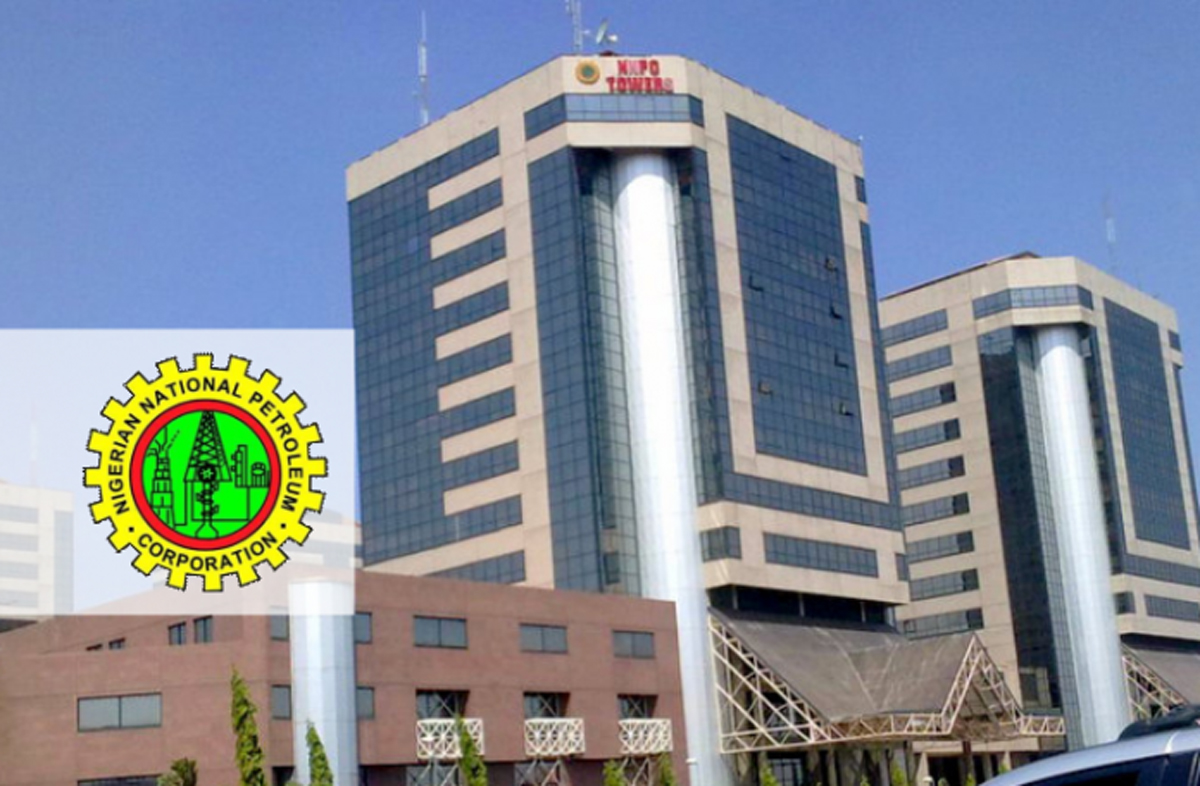- Your cart is empty
- Continue Shopping

NNPCL collaborates with US Department Deloitte to address OML 34 emissions.
To address greenhouse gas emissions related to OML 34, the Nigerian National Petroleum Corporation Limited (NNPCL), the largest oil corporation in Africa, plans to collaborate with the US Department of State and the international management consulting firm Deloitte.
Chief Corporate Communications Officer of NNPCL, Olufemi Soneye, announced on Monday that the programme is now in its early conceptual stage.
Chief Corporate Communications Officer of NNPCL, Olufemi Soneye, announced on Monday that the programme is now in its early conceptual stage.
At the PTDF Towers in Abuja, the three-day Technical Assistance on Oil and Gas Sector Global Methane Abatement and Decarbonisation Workshop got underway.
He stated that the workshop’s objectives included identifying the project’s crucial success factors. It was a follow-up to one that had been held in July 2023.
The statement lists some crucial project components that were discussed at the workshop, including defining the project’s scope, setting a baseline for carbon and methane emissions from the chosen operation sites, gathering pertinent information about the chosen sites, and assisting the Deloitte consultants in comprehending the goals and workings of NNPC Ltd.
Participants were drawn from relevant NNPC Ltd.’s subsidiaries and Departments such as Exploration & Production; New Energy; Gas Infrastructure; Health, Safety, and Environment, as well as Federal Government agencies like the National Council on Climate Change.
The most populous country in Africa, Nigeria, contributes significantly to greenhouse gas emissions. Recognising the urgent need for climate action, the nation has taken some steps to address this severe problem.
Nigeria passed the Climate Change Act 2021, which established a carbon budgeting system and offered a structured method for achieving net-zero emissions by 2060.
In addition, the nation unveiled its Nationally Determined Contributions, committing to a reduction of 20% in emissions without exception by 2030 and an extra 47% with support from other countries.
Nigeria wants to do away with gas flaring by 2030 and cut fugitive emissions by 95% by 2050, according to the Oil and Gas Methane Regulations 2023.
source: allnewsng.com
